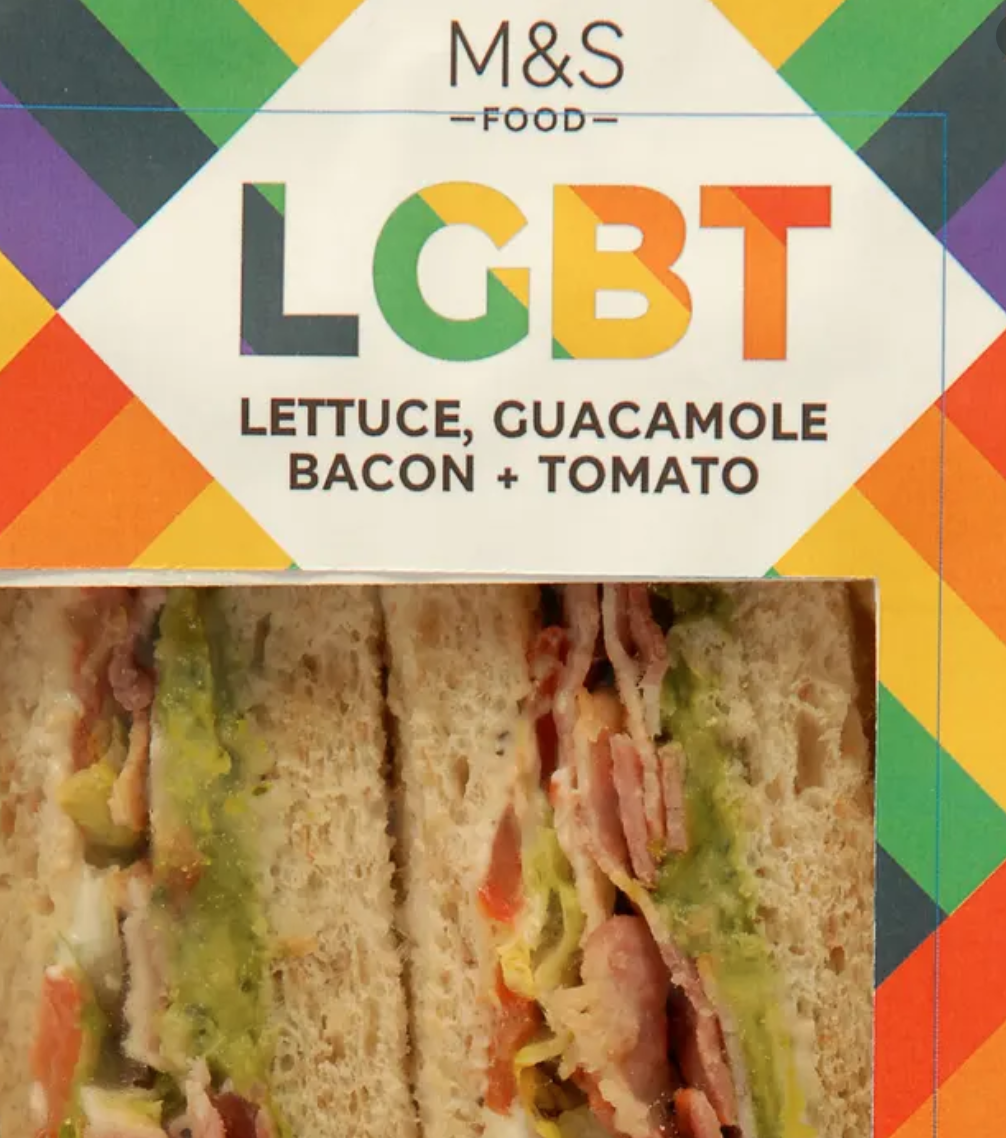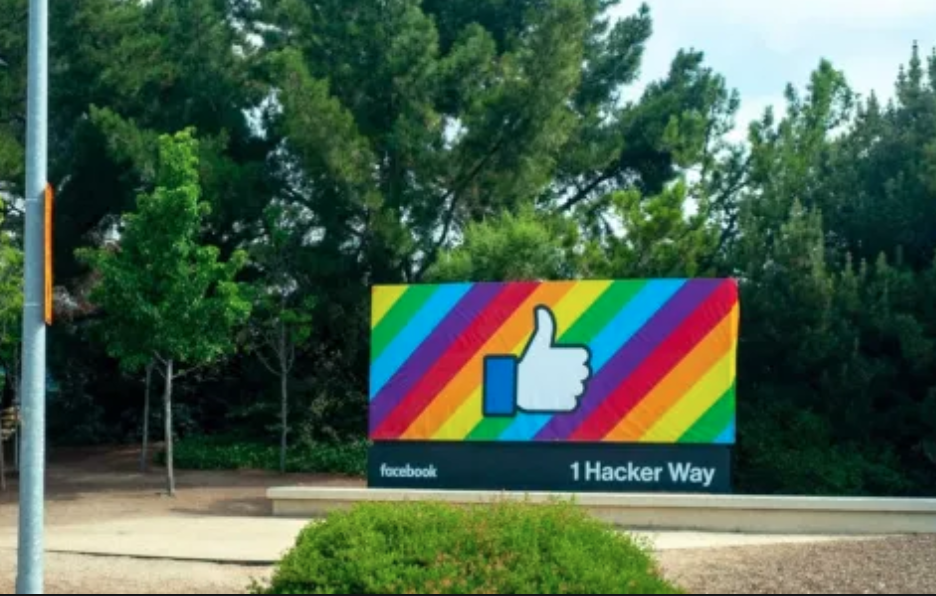Brands are becoming more culturally and socially aware and active. And that's a brilliant thing. If we can make the capitalist system work for people who face discrimination and hardship, and our planet, all the better.
At its core, aligning a brand's marketing with customer values is a good idea. It can deliver true loyalty and increase the value of what our businesses sell. As a marketing strategy, it's robust. And it's taken a long time for marketers to respond to the trend. But recently, it's gathered pace at an infathomable rate.
The problem is that companies are battling to be the most culturally aware, promoting the trending cause and clamouring for attention without really understanding or contributing to those causes. In fact, often this faux activism does genuine damage to the cause.
It's been labelled "wokewashing" – adopting progressive values for profit.
Wokewashing threatens to undermine the efforts of brands genuinely trying to make a positive impact. Unilever CEO Alan Jope has warned that woke-washing is "infecting" marketing, "polluting purpose" and "destroying trust".
Wokewashing in action
The rainbow flag is a symbol of LGBTQIA+ pride. But appropriating this symbol of activism to help sell products is not only an insult to those who belong to groups who face discrimination in our cisheteronormative world, and those who have campaigned and even faced death to fight for freedom and justice, but also a barrier to progress as ill-informed brands take attention away from the meaning and movement behind the symbols they plaster on their products.

Meanwhile, it erodes the public's trust in advertising, diminishing trust even in companies which are genuinely invested in social progress.
Commodifying movements is happening everywhere. Always, who make period products, have created a parallel between empowerment and their products for years.
In an ad which attracted one of the biggest backlashes of 2020, Pepsi tried to capitalise upon the #BlackLivesMatter movement by portraying influencer Kendall Jenner as an activist who cut short a modelling shoot to bring unity and peace to a protest by handing out cans of Pepsi to the police – trivialising, as they did so, the protests.

The difficult questions for marketers are these: when does using a symbol like this become appropriation? And how can we stay aligned with a purpose without detracting from a cause?
1. Authentic purpose
Purpose is crucial. Today, consumers expect brands to be socially and environmentally responsible and this expectation is increasing all the time. And they are right to do so. Consumer pressure forces businesses to do better all the time, from M&S recently withdrawing non-recyclable black plastic packaging which they used only to imply luxury, to B&Q transitioning thousands of their products to comply as Forest Friendly.
Unfortunately – and unsurprisingly – consumer trust in brands who communicate purpose is down. And that's largely because there is a mounting perception that brands lack authenticity when communicating their purpose.
Wokewashing is wrong. It damages causes, it cheapens and damages our brands and it calls into question the work of other brands which are genuinely making a positive impact through authentic purpose-driven marketing.
But it's entirely possible to do purpose-driven marketing in an authentic way, which contributes positively to causes, boosts the brand we represent and makes a positive impact on the industry we're part of.
2. Values first
Purpose has to come from the heart, and that means it can't just come from our marketing departments. Everyone at the business needs to rally around the same purpose, the same set of values.
If there's a shared sense of purpose but it isn't enshrined in a set of values, that's where this needs to start. Our leadership teams need to settle on and endorse values which allow the business to align with social causes in an authentic way.
For example, a mismatch between the words that are used to the outside world and the actions of the business leaders will only lead to enduring corrosion of consumer trust.
Those values can then filter freely throughout the business, from the resource it allocates to supporting social or environmental change to the marketing messages it uses, eventually filtering out into the world in a way that – hopefully – is symbiotic.
Want to see purpose done right? Check out Patagonia's activism.
3. Get educated
In almost all cases, we cannot meaningfully contribute to a cause if we have made no effort to understand it.
If our organisations said #BlackLivesMatter, but didn't encourage our teams to donate, read resources or follow activists to help them become actively anti-racist, our organisation didn't dismantle white supremacy. It contributed to racism.
If our organisations said #MeToo, but is complicit in covering up or gaslighting sexual harrassment, our organisation didn't protect people from gender-based harm. It contributed to upholding patriarchy and is anti-#MeToo.
Instead, we should always start by asking "what are we doing to to educate ourselves about this issue?"
In an age where the most richly populated resource for knowledge about all things is available to almost everybody in marketing and management, there is no excuse not to research issues. Don't know where to start? Start somewhere. Anywhere. Not educating ourselves because we don't know where to start is a privilege.
If we're leading organisations and want purpose-based marketing, but we won't educate ourselves about the very social issues we want our marketers to appropriate, what we are doing is wrong and damaging.
4. Actions over words
People want brands to take action.
They want brands to stop making money by exploiting low-paid workers and start guaranteeing the real living wage. They want brands to stop polluting our environment with toxic chemicals and start cleaning their supply chain and investing in organic, low-carbon resources. They want brands to stop silencing whistleblowers of institutionalised racism and sexism, and enact zero tolerance policies that protect black lives, trans folks and women's bodies.
Words in an ad campaign aren't enough. Plastering symbols on packaging aren't enough. Saying words without taking action is an empty gesture which insults the public and is an affront to those affected by the issues being appropriated by the campaign, as well as those campaigning for change.

Is there ever a reason why we would associate our contributions to a movement to a particular product in our lines? I believe delineating our activism and products is the right thing to do. Activism shouldn't be product-bound. it should filter through everything our businesses do.
If we believe what we're doing is right, we shouldn't wait for others to move first. Why would we? We should be the change we want to see. And remember, if we don't move first, we might risk appearing desperate by copying our competitors.
5. Be consistent
Purpose-driven marketing is only justifiable if the work we have done to align our organisational values with social justice or environmental issues and the organisation's marketing efforts if it's genuinely engrained into a long-term strategy.
This means that jumping on a bandwagon to seek attention will not only backfire, but it will damage causes by taking attention away from the voices that really matter and need to be amplified.
But symbiotic success can arise if we enable our organisations to contribute to social change or environmental protection consistently over a period of time, boosting consumer trust, helping our businesses thrive and making a difference in causes that matter to us.
Solidarity, celebration and support done right
Slapping a pride flag on a pack of sandwiches like M&S did isn't sensitive or helpful. Hailing our brands' "green" future without any plan of action towards reducing the carbon footprint is dishonest.
But I believe showing solidarity or celebrating people affected by a cause by, for example, wearing pride colours on our brand logos – or whatever it might be – can be done tastefully.
But I also believe that the litmus test for doing so tastefully and authentically is taking well-informed, sustained positive action which supports the cause in question.
What next?
Adopting and thoughtfully applying progressive values for environmental protection, social justice or social progress should be applauded. I've outlined a few of my thoughts on five things we, as managers or marketers, should do to ensure that our motivation is authentic and properly thought out so that it genuinely has the positive impact we're telling the world we're having. Profit and positive social and environmental action can and should go hand in hand. But when the former is prioritised over the latter, we may reap the immediate rewards but rue the damage to our brand, and even our market niche, in the mid to long term – not to mention our personal, professional and organisational integrity.
Conversely, by truly understanding the causes we want to support and taking a holistic, sustained and thoughtful approach to brand activism, we can genuinely contribute positively to those causes and further our brand while we do so.
This is very much an open and evolving conversation, and, as a marketer myself, I know I don't always get things right. It's part of the reason I wanted to write this, to flesh out my ideas and record what I've learned so far on what it means to do activism right when representing a brand.
I would love to hear your thoughts or corrections. Please let me know what you think on Twitter!